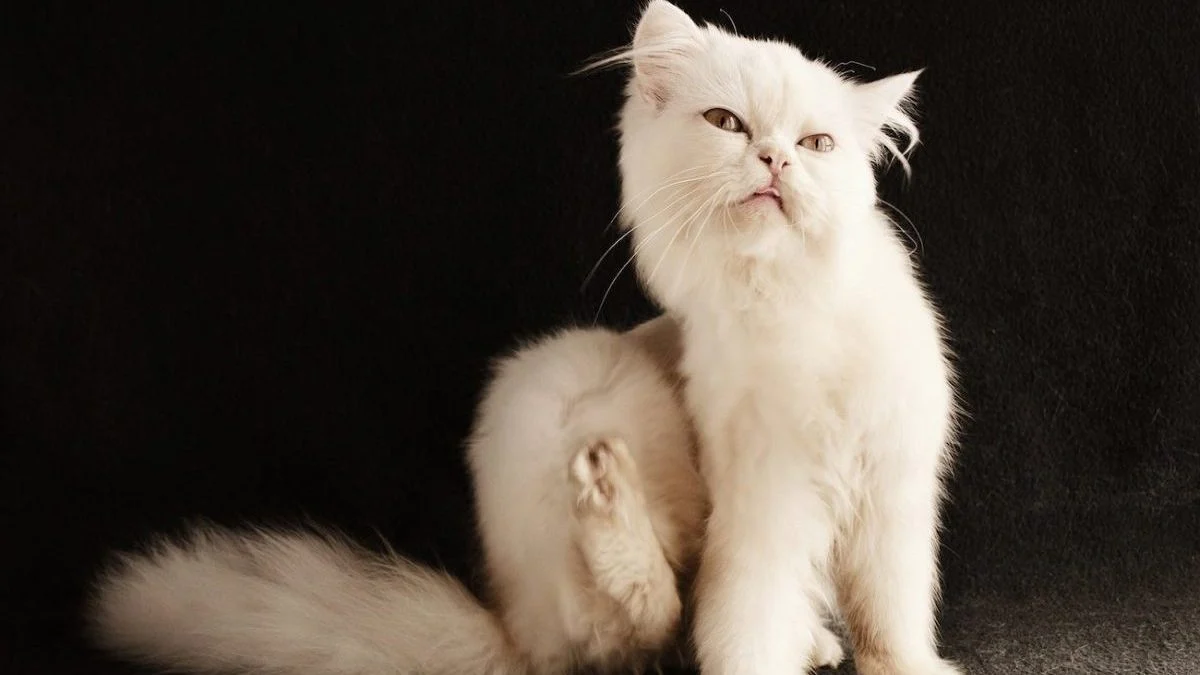Food allergies in cats are increasingly common and can significantly impact their quality of life. Identifying and managing these allergies through appropriate diet choices is crucial for ensuring the well-being of allergic felines. This article explores the best cat food options for allergies, highlighting key features to look for.
Understanding Cat Allergies
- Common Allergens: Typical food allergens in cats include proteins from beef, dairy, chicken, and fish.
- Symptoms of Food Allergies: Allergic reactions in cats can manifest as skin irritations (itching, rashes), gastrointestinal issues (vomiting, diarrhea), and in some cases, respiratory distress.
Key Components of Allergy-Friendly Cat Food
- Limited Ingredient Diets (LID): LIDs simplify the ingredients list, making it easier to isolate and eliminate allergens. They contain minimal protein and carbohydrate sources.
- Novel Protein Sources: These include proteins that a cat has not been exposed to before, like duck, venison, or rabbit, reducing the chance of an allergic reaction.
- Hypoallergenic Formulas: Hypoallergenic cat foods are designed to minimize the likelihood of an allergic response. They often include hydrolyzed proteins where the protein is broken down into smaller pieces, making them less likely to trigger an immune response.
Top Cat Food Brands for Allergies
- Royal Canin Veterinary Diet Hydrolyzed Protein Adult HP: Specifically formulated for cats with food sensitivities or allergies.
- Pros: Hydrolyzed proteins, support skin and digestive health.
- Cons: Prescription required, higher price point.
- Price: Around $50 for a 7.7-lb bag.
- Availability: Veterinary clinics and specialized pet stores.
- Blue Buffalo Natural Veterinary Diet HF Hydrolyzed for Food Intolerance: Features hydrolyzed salmon for cats with food intolerances.
- Pros: Grain-free, contains omega-3 fatty acids for skin health.
- Cons: Prescription required, limited flavor options.
- Price: Approximately $40 for a 7-lb bag.
- Availability: Veterinary clinics and select retailers.
- Hill’s Prescription Diet d/d Skin/Food Sensitivities Duck Formula: Designed for cats with skin and food sensitivities.
- Pros: Novel protein source (duck), supports skin health.
- Cons: Prescription required, contains some grains.
- Price: About $50 for an 8.5-lb bag.
- Availability: Veterinary clinics and some online retailers.
- Purina Pro Plan Veterinary Diets HA Hydrolyzed: Formulated for food sensitivities and offers hydrolyzed protein.
- Pros: Highly digestible, hydrolyzed protein reduces allergen risk.
- Cons: Prescription required, one primary protein source.
- Price: Around $40 for a 4-lb bag.
- Availability: Veterinary clinics and some pet stores.
- Natural Balance L.I.D. Limited Ingredient Diets Green Pea & Duck Formula: A non-prescription option with limited ingredients.
- Pros: Novel protein (duck), grain-free, suitable for all life stages.
- Cons: Some cats may not find the flavor appealing.
- Price: Approximately $30 for a 10-lb bag.
- Availability: Widely available in pet stores and online.
Choosing the Right Cat Food for Allergies
- Vet Consultation and Testing: Consult with a veterinarian for allergy testing and recommendations on the best hypoallergenic diet for your cat.
- Reading Labels and Ingredients: Carefully read ingredient labels to avoid known allergens. Look for foods with short ingredient lists.
Managing Cat Allergies Through Diet
- Transitioning to a New Diet: Introduce the new food gradually over several days to avoid gastrointestinal upset.
- Monitoring and Adjusting: Observe your cat’s response to the new diet. Improvement in symptoms can often be seen within a few weeks.
FAQs About Cat Food for Allergies
- How do I identify what my cat is allergic to? Allergy testing by a veterinarian or an elimination diet can help identify specific allergens.
- Can a cat develop allergies over time? Yes, cats can develop food allergies at any age, even to foods they have eaten for years without issues.
- Is grain-free food always better for allergic cats? Not necessarily. Cats can be allergic to proteins, and grain-free foods often substitute with alternative carbohydrate sources.
- What should I do if my cat doesn’t like hypoallergenic food? Experiment with different hypoallergenic brands or flavors. Some cats may need time to adjust to a new taste or texture.
- Can treats cause allergic reactions? Yes, treats can contain allergens. It’s important to choose treats that align with your cat’s hypoallergenic diet.
Conclusion
Selecting the right cat food for allergies is crucial in managing and alleviating the discomfort associated with food sensitivities. With the guidance of a veterinarian and careful consideration of ingredients, allergic cats can enjoy a nutritious diet without the adverse effects of allergens.

Jane Doe, a veterinarian with over 10 years of experience, combines her deep knowledge of animal health with a passion for pet welfare at PetsPonder.com. With a DVM degree and a commitment to the latest in veterinary science, Jane Doe offers reliable, compassionate advice to help pet owners make informed decisions for their furry companions.

Leave a Reply